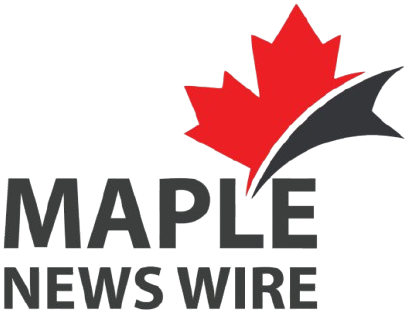New PM Mark Carney vows energy reform, but oil sector doubts linger. Will he unite Canada—or deepen divisions over pipelines and climate policies?
Canada’s oil and gas sector wasn’t blindsided by the Liberal victory in Monday’s federal election—but a wave of uncertainty followed. With Mark Carney now at the helm, Alberta and industry leaders are left wondering: will his leadership reset energy policies, or will it continue Trudeau’s controversial legacy?
Promises of an ‘Energy Superpower’—But at What Cost?
In his victory speech, Prime Minister Carney pledged to transform Canada into an “energy superpower,” championing both traditional and clean energy. He promised faster regulatory reviews, a national industrial strategy, and decisive climate action. But his continued support for policies like the Impact Assessment Act (Bill C-69) and a national emissions cap has some in the oil patch concerned.
The Energy Sector’s Core Question: Evolution or Escalation?
“Will Carney be a unifier or a divider?” asks Whitecap Resources CEO Grant Fagerheim. Like many in the energy sector, Fagerheim wants cooperation—but worries Carney’s climate commitments may not leave enough room for resource development.
Industry voices are calling for urgent reforms, including:
- Overhauling Bill C-69
- Scrapping the emissions cap
- Eliminating the carbon levy on large emitters
- Fast-tracking pipeline approvals within six months
These suggestions were laid out in an open letter signed by top petroleum and pipeline leaders, who say Canada must respond to economic pressures—and the threat of U.S. tariffs—by strengthening its resource sector.
The First Big Test: Carney’s Cabinet Picks
Mark Scholz, president of the Canadian Association of Energy Contractors, says early signs will come from Carney’s choice of ministers. “New faces and a new vision” are necessary, he says, along with concrete support for expanding infrastructure and encouraging Indigenous equity in energy projects.
His group also wants the next government to revisit Bill C-59’s advertising provisions and drop the emissions cap entirely—moves they believe are key to unlocking future investment.
Investor Confidence Hinges on ‘Small Wins’
Despite big campaign talk, the energy sector is looking for tangible progress. Richard Masson, former CEO of the Alberta Petroleum Marketing Commission, says investors need reassurance before funding major projects. “We need to see real movement on market access and energy security,” he adds.
Masson believes Carney’s promise to “rejuvenate the economy” must include meaningful action on oil and gas development, not just policy pledges.
Industry Insiders: Carney is Smart, But Will He Act?
Hal Kvisle, former CEO of TransCanada Corp., has known Carney since his banking days and respects his intellect. But he worries about Carney’s embrace of Trudeau-era environmental regulations and how they might affect Canada’s global competitiveness.
“To keep up with international rivals—and respond to economic threats like Trump’s trade policies—we need to get major infrastructure built,” says Kvisle. “And right now, we’re not sure how Carney plans to do that.”
Conclusion: Building Trust, One Project at a Time
Carney’s leadership begins under intense scrutiny from a sector that fuels Canada’s economy. If he hopes to unite provinces and industries around a shared energy future, his government will need to listen—and act—on concerns that have long gone unanswered.
Whether he emerges as a bridge-builder or a battle-starter depends on how he navigates the next few crucial months.




